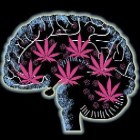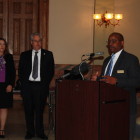
Part One: Darkness Visible
|
Just joining us? This is part one of a five part series. See the whole series. When Suzanne and John Boyer left their upper-middle class home for work on the morning of May 20, 2008, their 15-year-old son, Kyle, had a stomachache and was still in bed. It wasn’t too bad, he told them.





